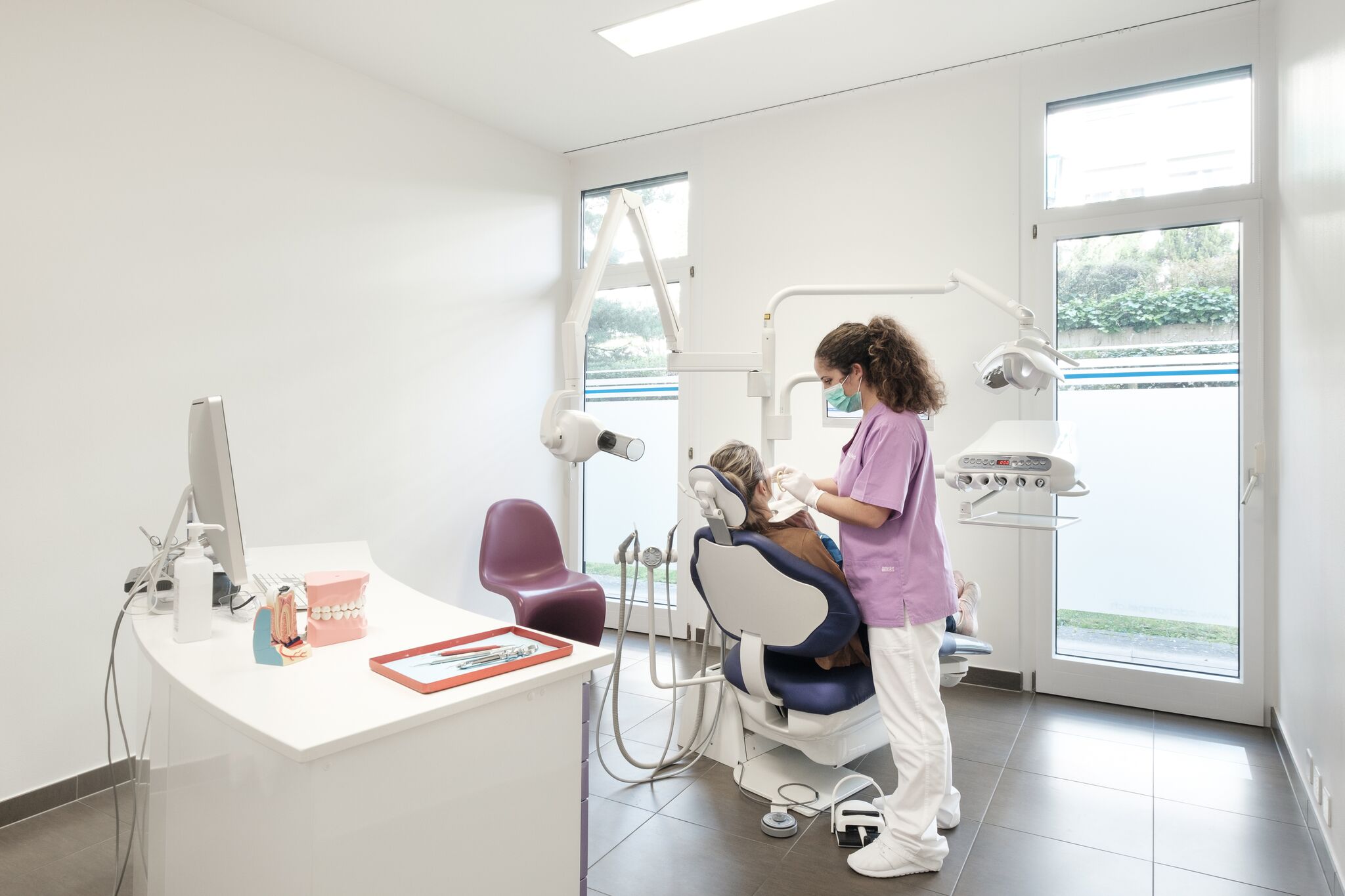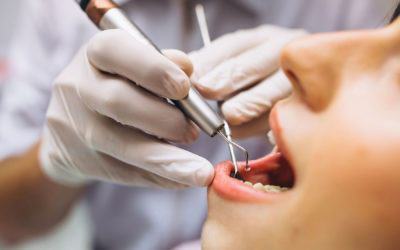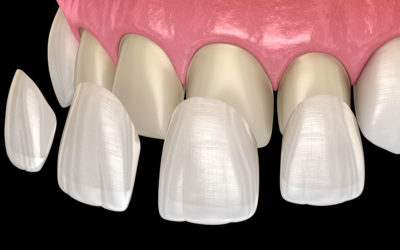
Bruxism: everything you need to know before consulting a specialist
Bruxism is the often involuntary behavior of excessive teeth grinding or jaw clenching. It can occur during the day, but mainly at night, affecting sleep quality. It's a common disorder affecting a significant proportion of the adult population, with potential consequences for oral and general health.
The origins of bruxism
Psychological and emotional factors
One of the main causes of bruxism is stress and anxiety. These mental states can cause increased muscle tension, especially in the jaws. People suffering from mood disorders are also more likely to develop this dental problem.
Physiological factors
Medical and psychological problems such as sleep disorders (sleep apnea), gastro-oesophageal reflux and even certain neurodegenerative diseases may be involved in the onset of bruxism. In addition, dental anomalies such as poor occlusion can also play a significant role.
Symptoms of bruxism
Tooth sensitivity and pain
People suffering from bruxism often experience increased tooth sensitivity or even intense pain. This may be due to enamel wear caused by repeated friction during jaw clenching.
Headaches and facial pain
Chronic headaches, often localized around the temples, are common among bruxism sufferers. They may also experience facial pain and stiffness in the jaw and neck muscles.

Complications of bruxism
Dental lesions
Excessive tooth wear can lead to various forms of dental damage, such as tooth cracks or fractures, toothache or infection.
This damage may require costly treatments such as crowns or dental implants.
Joint problems
Bruxism can also lead to temporomandibular disorders (TMD) affecting the joints connecting the jaw to the skull. This can result in cracking or locking when opening or closing the mouth.
Prevention and additional measures
Dental protectors
One of the most effective ways of preventing the damage caused by night bruxism is the use of dental protectors, also known as dental splints.
These appliances, usually custom-made by a dentist, provide a physical barrier between the upper and lower teeth, limiting tooth wear.
Food adjustments
Avoiding stimulating substances such as caffeine and alcohol, especially before bedtime, may reduce instances of nocturnal bruxism. Eating balanced meals and following a healthy diet also contributes to better stress management, thus reducing the risk of bruxism.
- Reduce caffeine consumption
- Avoid alcohol before bedtime
- Eat a balanced diet
Behavioral therapies
Cognitive-behavioural therapies can also help patients identify the situations and thoughts contributing to their stress and anxiety. Gradually, they can learn to manage these more effectively, thereby reducing bruxism episodes.
Bruxism and tooth wear treatment at Centre Dentaire Champel
Bruxism can affect your sleep and your quality of life. At Centre Dentaire Champel, we specialize in the treatment of bruxism to offer you effective, long-lasting solutions.
Our experts use advanced techniques to relieve your symptoms, protect your teeth and improve your overall well-being. Don't let bruxism disrupt your nights and your everyday life.
Contact us today for a personalized consultation and find out how we can help you regain peaceful sleep and a pain-free life.
Discover also the Centre Dentaire Lancy and the Centre Dentaire Chêne-Bourg





